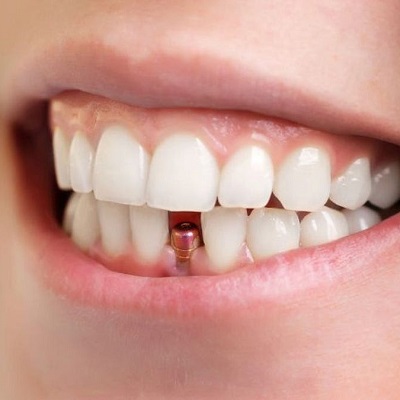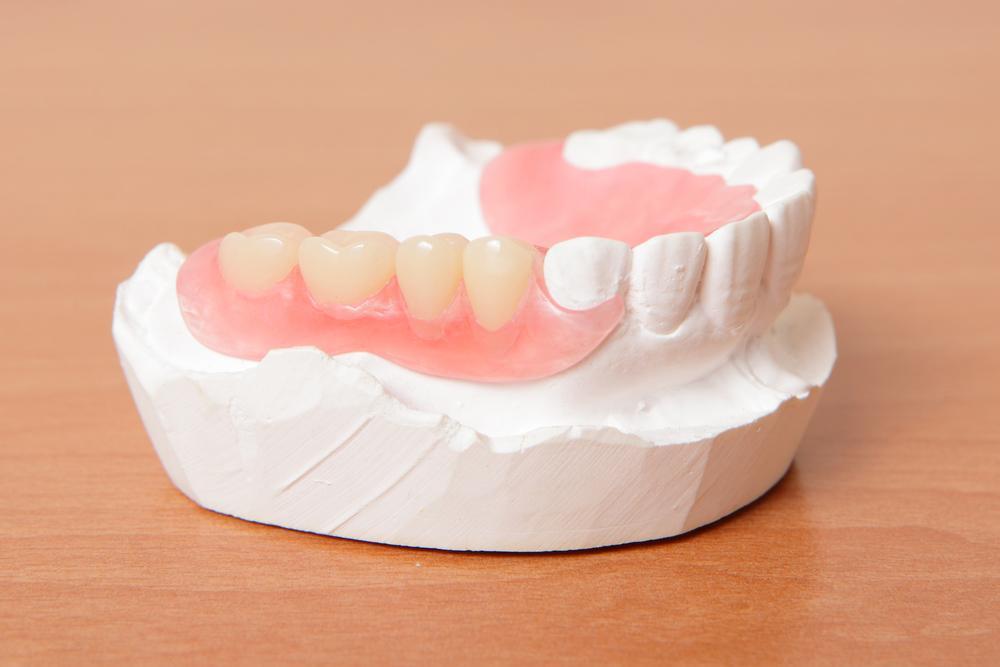The Role of Fluoride Treatments in Preventive Dentistry

Strong 8k brings an ultra-HD IPTV experience to your living room and your pocket.
Fluoride treatments are a key component of preventive dentistry, particularly for patients looking to maintain strong, healthy teeth. In Dubai, where dental care is advanced and accessible, fluoride plays a significant role in enhancing oral health and preventing cavities. Fluoride is a mineral that has been scientifically proven to strengthen tooth enamel and reduce the risk of dental decay. In this article, we’ll explore how fluoride treatments work, their benefits, and why they are an essential part of general dentistry in Dubai.
What is Fluoride and How Does It Help Prevent Cavities?:
Fluoride is a naturally occurring mineral that is found in various water sources and some foods. It has the unique ability to remineralize tooth enamel, helping to rebuild weakened enamel and make teeth more resistant to decay. In general dentistry, fluoride is applied topically to the teeth through various treatments, including professional fluoride applications, toothpaste, and mouth rinses. Fluoride strengthens the enamel by:
Remineralizing weakened enamel: Fluoride helps replace lost minerals in the enamel, making it more resistant to acids produced by bacteria in the mouth.
Preventing demineralization: Fluoride reduces the rate at which minerals are lost from the enamel, particularly in areas where plaque has accumulated.
Fighting bacteria: Fluoride helps inhibit the growth of bacteria that cause tooth decay, further protecting the teeth from cavities.
Fluoride treatments are especially important for those at higher risk of dental problems, such as children, individuals with dry mouth, and those with a history of cavities or gum disease.
The Benefits of Fluoride Treatments:
Fluoride treatments provide numerous benefits for oral health. Here are some of the key advantages of incorporating fluoride into preventive care:
Cavity Prevention:
The primary benefit of fluoride treatments is their ability to prevent cavities. By strengthening the enamel and making teeth more resistant to decay, fluoride helps prevent cavities from forming. This is especially important for individuals who are prone to cavities due to factors such as diet, oral hygiene habits, or genetics.
Remineralizing Early Signs of Decay:
Fluoride treatments can also help reverse the early stages of tooth decay. When plaque accumulates on the teeth, it produces acids that can erode enamel. If the decay is caught early, fluoride can help remineralize the weakened enamel before it progresses into a full-blown cavity.
Strengthening Tooth Enamel:
Fluoride strengthens tooth enamel, making it more resistant to the damaging effects of acidic foods, drinks, and bacteria. This added protection reduces the risk of cavities and tooth sensitivity, which can be caused by enamel erosion.
Protection for Children’s Teeth:
Fluoride treatments are particularly beneficial for children, whose teeth are still developing. Regular fluoride applications can help protect their teeth from cavities and ensure strong enamel throughout childhood and adolescence. The American Dental Association (ADA) recommends fluoride treatments for children starting at the age of six months, as soon as their first teeth emerge.
Reducing Tooth Sensitivity:
People with tooth sensitivity often experience discomfort when consuming hot, cold, or sweet foods. Fluoride treatments can help reduce sensitivity by strengthening the enamel and sealing microscopic tubules in the teeth that lead to the nerve, thus providing relief.
How Fluoride Treatments Are Administered:
Fluoride treatments can be delivered in various ways, depending on the needs of the patient. Some common methods of fluoride application in general dentistry include:
Professional Fluoride Varnish:
A dentist may apply a fluoride varnish directly to the teeth, which is a quick and effective treatment. This varnish forms a protective coating over the teeth and allows fluoride to be absorbed gradually. It is typically applied during routine dental visits and is ideal for children and adults alike.
Fluoride Gel or Foam:
Fluoride gel or foam is applied to the teeth in a tray that fits over the teeth for a few minutes. This method is often used for patients who may need a more concentrated application of fluoride, particularly those at higher risk of cavities.
Fluoride Rinse:
A fluoride rinse is a mouthwash that can be used at home to help strengthen enamel and prevent cavities. Dentists often recommend fluoride rinses for patients who need ongoing preventive care and those who are at high risk for tooth decay.
Fluoride Toothpaste:
Fluoride toothpaste is one of the most commonly used products for strengthening tooth enamel. It is available in various formulations, including those designed for sensitive teeth or specific oral health concerns. Regular use of fluoride toothpaste helps maintain healthy teeth and prevent cavities.
Who Should Get Fluoride Treatments?:
While fluoride is beneficial for everyone, certain groups of people may benefit from fluoride treatments more than others. These groups include:
Children:
Children are especially prone to cavities as their teeth are still developing. Fluoride treatments can help ensure that their teeth remain strong and resistant to decay. Pediatric dentists typically recommend fluoride treatments for children starting at six months of age and continuing throughout their teenage years.
Seniors:
As people age, their teeth may become more susceptible to decay due to wear and tear, gum recession, and changes in saliva production. Seniors may benefit from fluoride treatments to help protect their teeth from cavities and prevent enamel erosion.
People with Dry Mouth:
Dry mouth, also known as xerostomia, occurs when there is insufficient saliva in the mouth. Saliva is essential for neutralizing acids and washing away food particles and bacteria. People with dry mouth, whether due to medications or medical conditions, may benefit from fluoride treatments to help protect their teeth from decay and maintain oral health.
Those with a History of Cavities:
People who have had multiple cavities in the past are at an increased risk of developing more. Regular fluoride treatments can help protect their teeth from future decay and reduce the need for restorative dental procedures.
Individuals with Braces or Other Appliances:
People with braces or other dental appliances may have a harder time cleaning their teeth thoroughly. Fluoride treatments can help prevent cavities in hard-to-reach areas and protect the enamel during orthodontic treatment.
Fluoride and Overall Oral Health:
Fluoride’s benefits extend beyond cavity prevention and enamel strengthening. Incorporating fluoride into your oral care routine can significantly improve overall oral health by reducing plaque buildup, preventing gum disease, and promoting healthier gums. Here are some additional ways fluoride contributes to overall oral health:
Promotes healthier gums: Fluoride helps to remineralize the gum tissues surrounding the teeth, promoting overall gum health and preventing gingivitis.
Reduces plaque buildup: Fluoride’s antibacterial properties can help reduce plaque accumulation, further preventing cavities and gum disease.
Fights acid erosion: Fluoride helps protect against tooth wear caused by acidic foods and beverages, such as citrus, coffee, and soda.
The Safety of Fluoride:
Fluoride treatments are considered safe and effective when used as directed. The American Dental Association (ADA) and the World Health Organization (WHO) have both endorsed the use of fluoride in water and dental treatments. However, it is important to follow your dentist’s recommendations and avoid excessive fluoride exposure, particularly in young children, to prevent fluoride toxicity.
Conclusion:
Fluoride treatments are a powerful tool in preventive dentistry, offering a wide range of benefits for patients looking to protect their teeth and maintain long-term oral health. From cavity prevention to enamel strengthening and protection against gum disease, fluoride is essential for keeping your smile healthy. In Dubai, general dentistry professionals can provide fluoride treatments tailored to your individual needs, ensuring that you receive the best possible care for your oral health. If you haven’t yet incorporated fluoride treatments into your dental care routine, consider scheduling an appointment with your dentist today to discuss how fluoride can benefit you!
Readmore about: How General Dentistry Can Help Manage Bad Breath (Halitosis)
Note: IndiBlogHub features both user-submitted and editorial content. We do not verify third-party contributions. Read our Disclaimer and Privacy Policyfor details.







